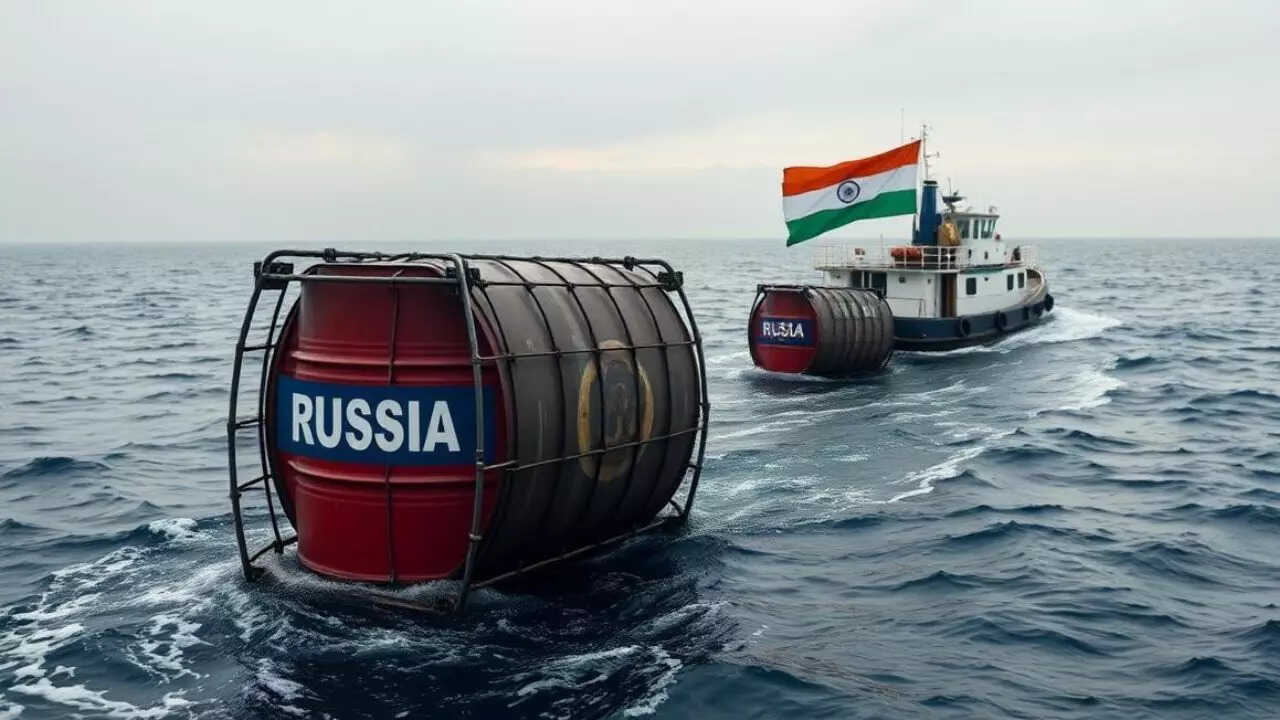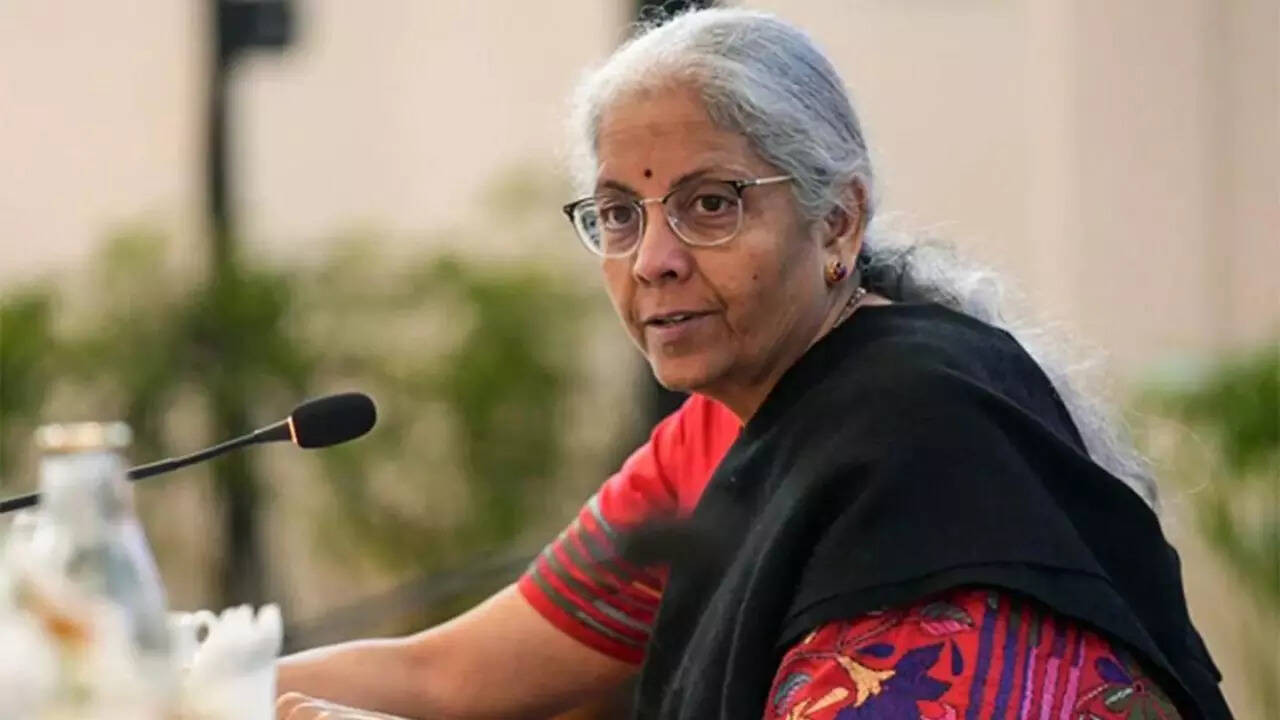India’s crude oil imports from Russia surged to an 11-month high in June, reaching 2.08 million bpd, driven by refiners bolstering inventories amid geopolitical tensions. While India’s overall crude imports decreased, Russian volumes increased, with three refineries processing over half of these imports and exporting refined products.
India’s Unwavering Thirst for Russian Oil: A Geopolitical Balancing Act
The global oil market is a complex beast, a constantly shifting landscape influenced by economics, geopolitics, and the ever-present demand for energy. Lately, India has been playing a particularly interesting hand in this game, significantly ramping up its intake of Russian crude. New data reveals that India’s Russian oil imports surged to an 11-month high in June, a move that underscores the nation’s evolving energy strategy amid a turbulent global environment.
What’s fueling this surge? Several factors appear to be at play, creating a perfect storm of opportunity for Indian refiners. Let’s delve into the key drivers behind India’s increasing appetite for Russian crude.
The Price is Right: A Sweet Deal for Indian Refiners
Perhaps the most significant factor driving India’s Russian oil imports is simple economics. Following the imposition of sanctions on Russia by Western nations, Russian crude has been offered at significantly discounted prices. This has proven incredibly attractive to Indian refiners, who are constantly seeking to minimize costs and maximize profits. These savings can then be passed on to consumers or reinvested in upgrading infrastructure. In a price-sensitive market like India, every dollar saved counts, and the discounted Russian crude has proven to be an irresistible bargain.
Geopolitical Chess: Navigating a Complex World
Beyond pure economics, India’s increased reliance on Russian oil is also a reflection of its pragmatic approach to foreign policy. In a world increasingly defined by geopolitical tensions, particularly the ongoing conflict between Israel and Iran, India is strategically diversifying its energy sources. While maintaining strong relationships with traditional suppliers, India sees Russia as a reliable alternative, ensuring a stable energy supply regardless of external pressures. This diversification isn’t just about short-term gains; it’s about building long-term energy security in an unpredictable world.

Refining Capacity and Strategic Stockpiling
India’s burgeoning refining capacity is another crucial piece of the puzzle. The country boasts a sophisticated refining infrastructure, capable of processing a wide variety of crude oils. With ample capacity, Indian refiners are well-positioned to take advantage of the availability of discounted Russian crude. Furthermore, there are indications that Indian refiners are actively stockpiling crude, anticipating potential disruptions in the global market. This strategic stockpiling further boosts Russian oil imports and provides a buffer against unforeseen supply shocks. You can learn more about India’s growing energy demands on our page about [renewable energy initiatives in India](internal-link-to-related-content).
Beyond the Headlines: The Broader Implications
India’s increased reliance on Russian oil has broader implications for the global energy market and geopolitical landscape. It provides a vital revenue stream for Russia, mitigating the impact of Western sanctions. At the same time, it allows India to meet its growing energy needs at a competitive price, fueling its economic growth. However, this reliance also draws criticism from some quarters, who argue that it undermines the international efforts to isolate Russia.
The situation highlights the complex trade-offs involved in energy policy, particularly for a country like India, which prioritizes its economic development and energy security. Finding the right balance between these competing priorities will be crucial for India in the years to come.
Looking Ahead: What Does the Future Hold for India’s Russian Oil Imports?
The future trajectory of India’s Russian oil imports remains uncertain, largely dependent on the evolving geopolitical landscape and the availability of alternative supplies. Factors such as changes in sanctions policy, shifts in global oil prices, and the development of alternative energy sources will all play a role. However, given the current economic and geopolitical realities, it’s likely that Russian crude will continue to be a significant component of India’s energy mix for the foreseeable future. India’s ability to navigate these complex dynamics will be crucial to ensuring its long-term energy security and continued economic growth. Ultimately, this strategic balancing act defines India’s position on the world stage.







